The art group Alt Går Bra present a new exhibition exploring the political and social history of the Gestetner duplicating machine.
Featuring over 100 artefacts uncovered from Haringey and beyond, the exhibition explores the Gestetner machine as a device that revolutionised the office. It also reveals how the machines were put to alternative use, enabling a wave of political activists, artists and writers to produce printed publications quickly, affordably and with relative ease.
The Gestetner factory stood in Tottenham for over 80 years as a major employer in Haringey, fast becoming the largest duplicating factory in the world. Duplicators provided an efficient and labour-saving way for offices to organise and circulate increasing amounts of information. These versatile machines were also at the heart of small organisations, schools and churches, used to provide information to the community in the form of bulletins, pamphlets and letters.
The exhibition will present material from Bruce Castle Museum and Haringey Archive along with fanzines, political publications, and Alt Går Bra’s own mimeographic works.
Bruce Castle Museum and Haringey Archive’s collection of Gestetner artefacts include the fantastically illustrated house publications, which record the life of the factory in the 1950s and 1960s underscoring the company's close roots to Tottenham.
The exhibition will also feature material displayed for the first time as a collection: duplicated fanzines and alternative publications from the 1930s - 1980s. These amateur publications demonstrate the high level of creativity that was achieved with stencilling, as well as the extent to which duplicating technology enabled marginal groups to network and exchange ideas. This ability to self-publish is beautifully reflected in the host of newspapers and scouting publications on display.
Political pamphlets focus on the Gestetner’s potential to spread information outside the mainstream printing industry, leading to a number of political organisations to adopt the machines. Duplicated material by the Committee of 100 and the Hornsey and Wood Green Labour Party illustrate this aspect. The Gestetner as a clandestine printing device is seen in the pamphlets by the Spies for Peace group, exposing the government's secret plans to run the country in the case of nuclear war.
The exhibition will include a retrospective of Alt Går Bra’s mimeographed works over the last four years. This section of the exhibition will center on Alt Går Bra’s book The Mimeograph, A Tool for Radical Art and Political Contestation , a compilation of texts by contemporary scholars worldwide dedicated to mimeography and the first known publication dedicated to mimeographic works. Alt Går Bra will show its mimeographed books, publications and prints, along with newly produced work for this exhibition.
An events programme will run alongside the exhibition, including an oral history walk around the former factory site and a series of Gestetner duplicator workshops.
About Alt Går Bra Alt Går Bra is an art and research group exploring the intersections between art and politics through exhibitions and publications.
www.altgarbra.org

